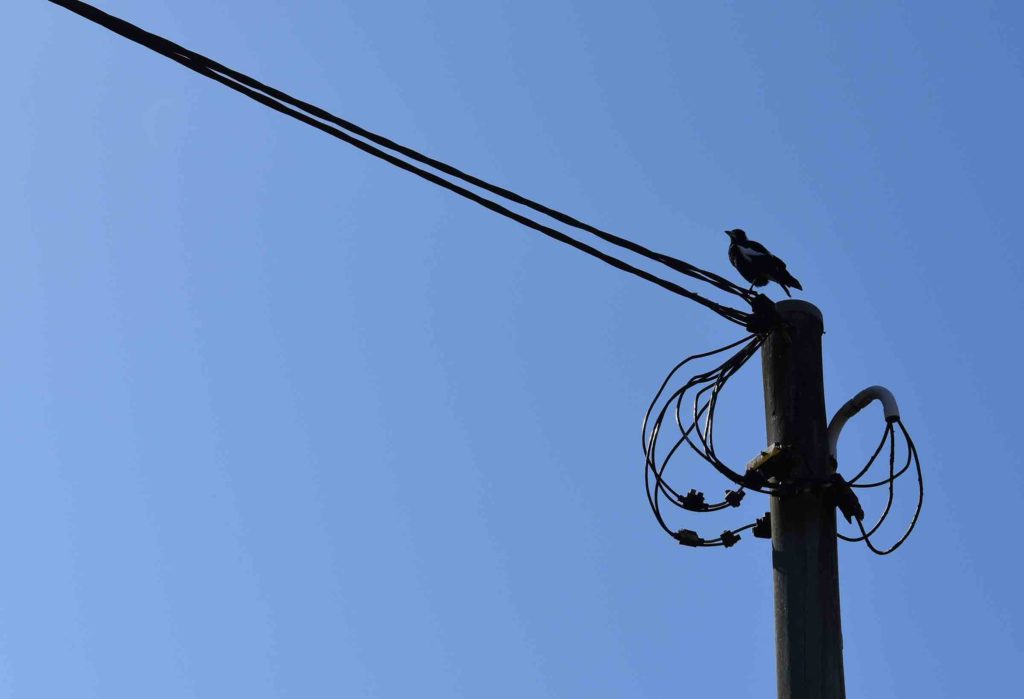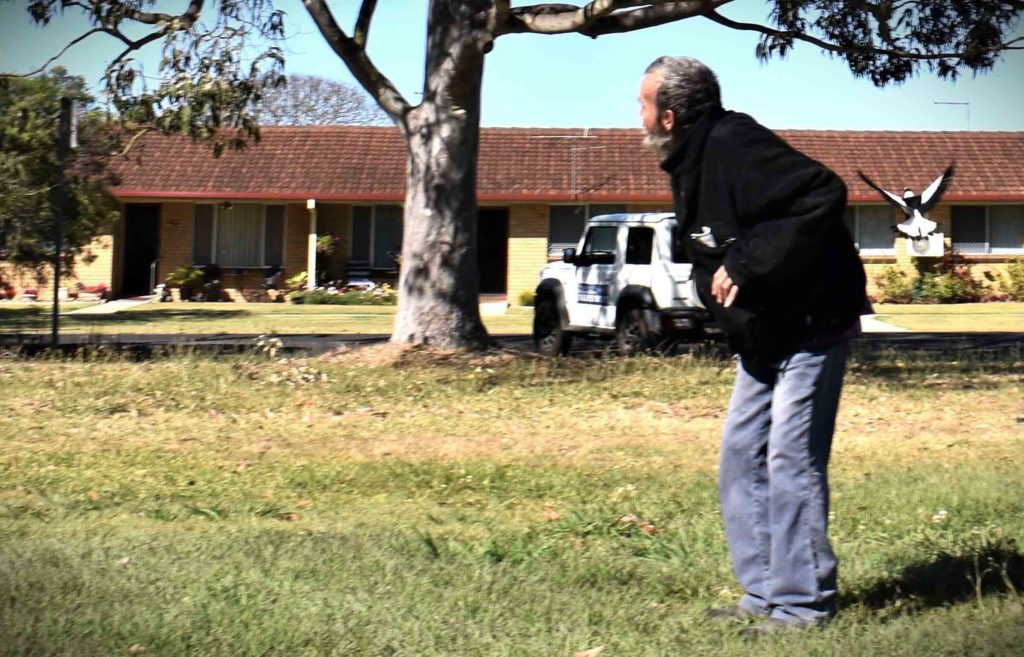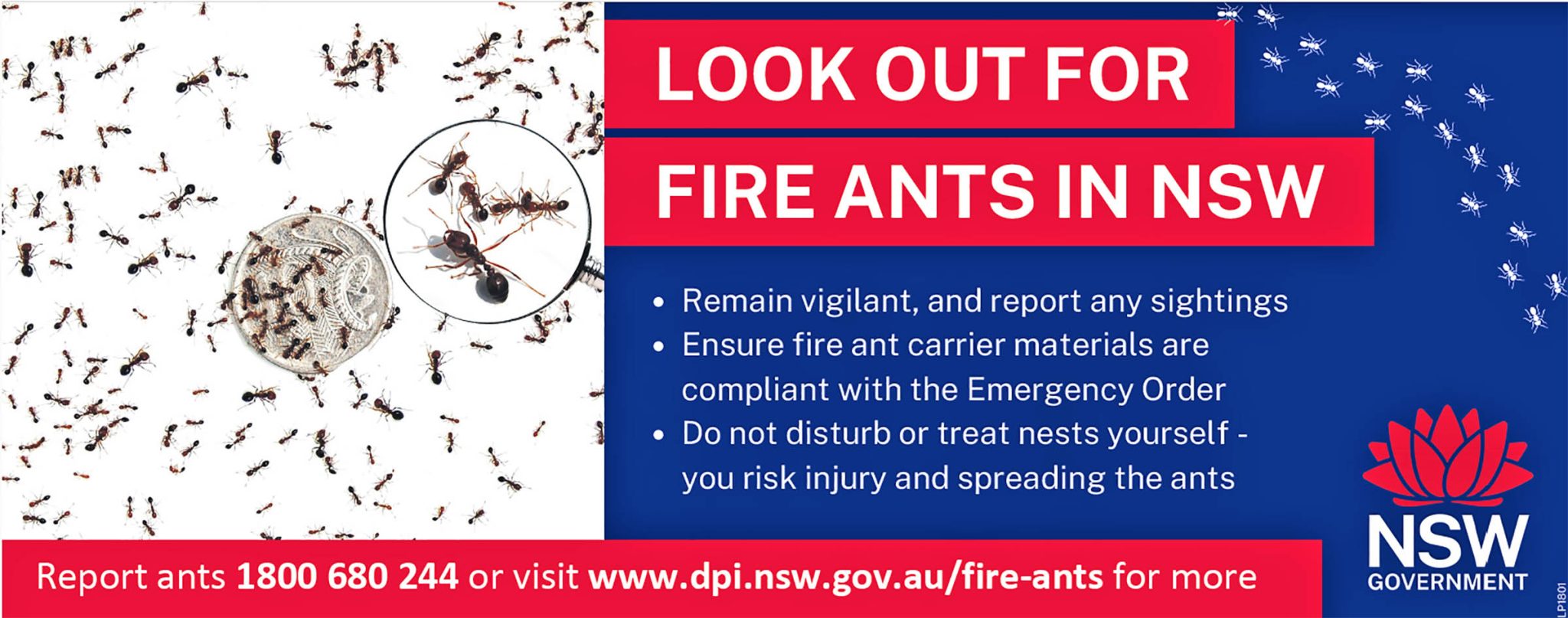ABOVE: A man is swooped by a magpie in a park in Casino. This photo was taken last year. Photo: Susanna Freymark
The magpies are nesting and that means some of them are swooping.
Richmond Valley Council’s regulatory team has placed signage at swooping hotspots.
This includes McAuliffe Park, Crawford Square, Colley Park near the Scout Hall and parts of West St from Pratt St through to Queensland Rd.
Sunnyside Park also has a swooper.
Magpies are intelligent native birds trying to raise their families in a challenging environment – and like all animals, they have a natural instinct to protect their young.
Magpies typically nest for about six weeks between August and October, when the father is responsible for defending his babies by chasing away any animal he considers a threat. This includes you.
Any humans, usually within 50-100 metres of the nest could be swooped.
Here’s what to do to avoid swooping:
DO
Take the road less travelled. If your usual route takes you near a magpie’s nesting area, the best way to avoid being swooped is simply to change your route for those six weeks.
Cover up. Protect your face and head by wearing sunglasses and a broad-brimmed hat. You could hold an open umbrella above your head, but don’t attempt to swat a magpie with it if he swoops.
Stay calm and keep moving. Some magpies are more likely to swoop pedestrians, others swoop cyclists and some don’t discriminate at all.
Contact the council to erect signs to warn others.
DON’T
Wave your arms, shout, or otherwise act aggressively. This will only reinforce the magpie’s impression that you’re a threat.
Attempt to relocate the nest. Magpies are a protected species, and it’s against the law to kill them, relocate them, destroy their nests, or collect their eggs. They usually mate for life and moving them can disrupt their family life. If they are moved, after they’ve been released, they usually return within a few days or weeks.
Approach a baby magpie on the ground. He or she is likely just learning to fly, and the parents are usually close by, keeping an eye on the situation.
If the chick seems to be injured or truly in danger, call WIRES or 1300 094 737 to report.




